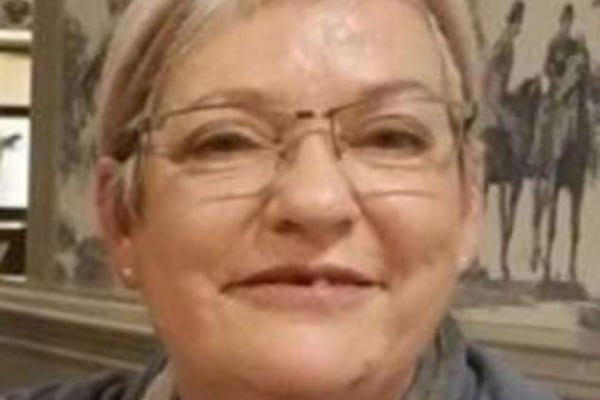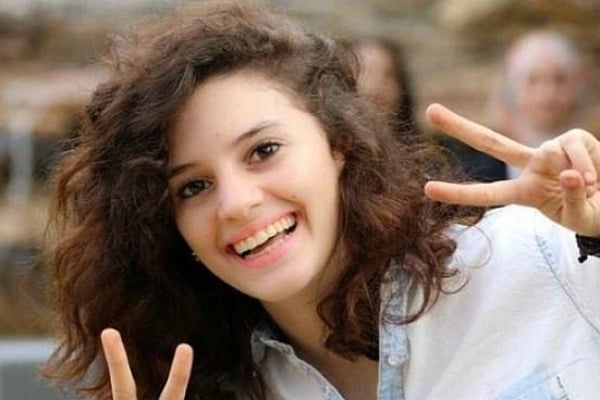
Last Wednesday 59-year-old Louise Allison Langhorn was assaulted by a group of men in a suburban Perth street.
Louise did not immediately contact police but reported being assaulted when she was taken to Royal Perth Hospital on Friday, February 8.
It was there that she died two days later.
Her death has not made headlines – a Google News search shows just three articles following her death. There has been no public outpouring of grief.
All we know about Louise is her name, her age and the tragic way her life ended. We have just one photo of her which shows her as a smiling, grey-haired woman.
Her killers are still at large and police are also searching for the driver of a dark car who intervened during her assault, likely saving Louise’s life that night though sadly she died of her injuries days later.
It’s a stark contrast to the coverage the rape and murder of Aya Maasarwe received around the country last month.





























































































